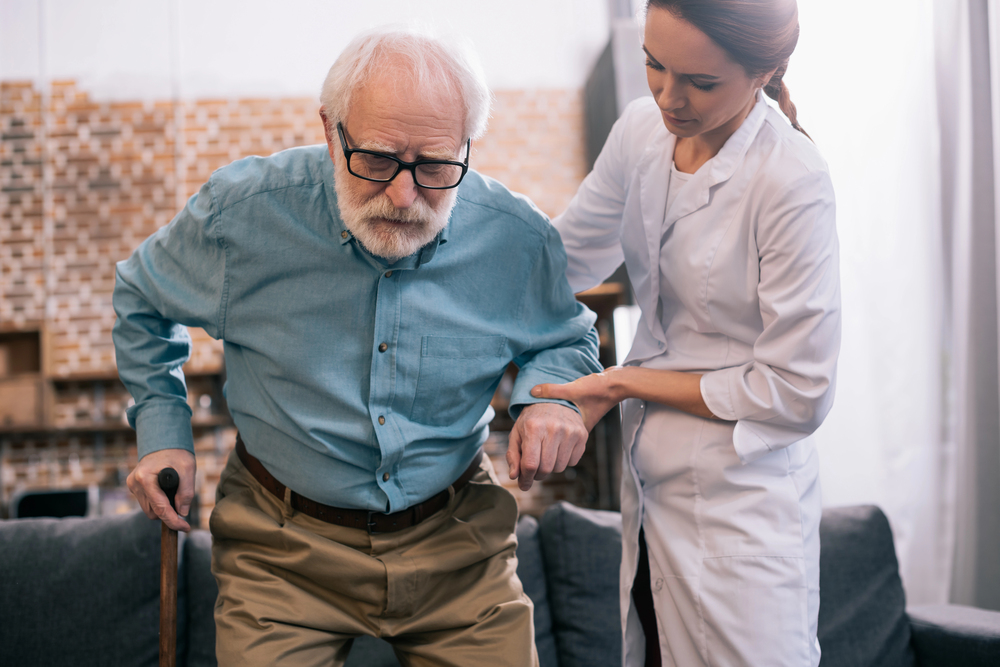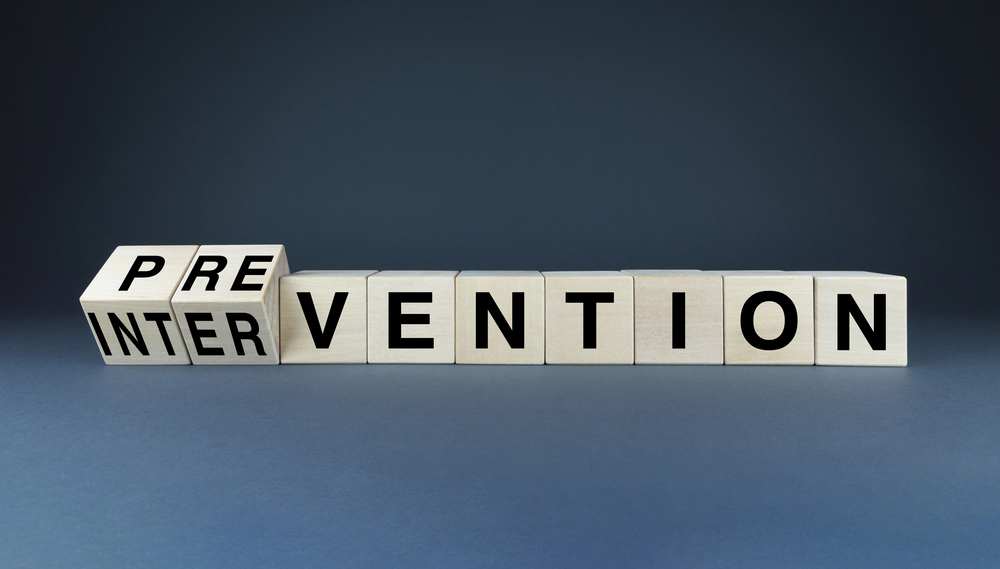The Nursing Home Law Center is committed to providing the legal resources necessary to hold negligent facilities accountable.
Elder Abuse Prevention
Elder abuse is a serious issue that impacts the well-being and dignity of older adults across many different types of environments, including private homes, assisted living facilities, and nursing homes.
This problem manifests in many forms, often perpetrated by in-home caregivers or other trusted individuals. The consequences of unchecked elder abuse are often severe, leading to diminished quality of life and, in some cases, irreversible harm.
Proactive prevention measures are essential, including vigilant monitoring practices and ensuring legal frameworks are in place to protect at-risk seniors. Legal support becomes essential when abuse is suspected, as it ensures that those responsible are held accountable and that proper remedies are pursued.

What Is Elder Abuse?
Elder abuse is a deeply troubling issue that affects older people in many different settings. According to the Centers for Disease Control and Prevention, approximately 1 in 10 older adults living at home experience abuse, including neglect and exploitation. [1]
It encompasses many different kinds of harm, often perpetrated by a family member, family caregivers, or others in positions of trust. According to the National Center on Elder Abuse, common types of elder abuse include [2]:
Physical Abuse
Physical abuse involves the infliction of bodily harm or pain on nursing home residents or those living in other facilities. This can include sexual abuse as well. Signs include unexplained bruises, burns, or injuries. This abuse and neglect can hasten the decline of the victim’s health, even in cases where no chronic disease is present.
Emotional Abuse
Emotional abuse undermines an older individual’s dignity and self-worth, compromising their psychological health. It includes verbal assaults, threats, or isolation, which can lead to severe mental illness or depression.
Financial Exploitation
This is a rampant issue, leading to devastating financial loss for older Americans. This form of abuse often involves unauthorized use of funds or property, leaving the victim financially vulnerable.
Addressing elder abuse requires a comprehensive approach that involves education, legal intervention, and community support to protect older adult victims in our society.
Common Risk Factors for Elder Abuse and Neglect
Understanding the risk factors that contribute to elder abuse is essential in preventing it. Factors that make older adults vulnerable include:
- Isolation: An older adult who lives alone or is geographically distant from family may have less support and oversight, making it easier for abuse to occur undetected.
- Caregiver Stress: High levels of stress among caregivers, whether due to workload or lack of resources, can lead to frustration and, in unfortunate cases, abusive behavior.
- Financial Dependence: When older individuals rely on others for financial management or support, they may be more susceptible to exploitation or manipulation.
- Ageism: Societal perceptions that devalue elderly individuals can enable mistreatment by making it seem less severe or less urgent to address.
- Underreporting: Fear of retaliation or shame may lead older adults to remain silent about their abuse, while others may feel their complaints will not be taken seriously.
Awareness and proactive measures are necessary to protect vulnerable older adults and ensure their safety and dignity.
Warning Signs of Elder Abuse
Elder abuse is, unfortunately, very common. According to the National Council on Aging, up to 5 million older Americans are abused every year. [3] Recognizing the signs of elder abuse is crucial in providing assistance and support. It is vital for family, friends, and caregivers to remain vigilant and proactive when observing any of the following indications:
- Unexplained Injuries: Look for bruises, cuts, or fractures that are not consistent with the usual explanations given or typical aging processes.
- Sudden Mood Changes: Take note of abrupt shifts in mood, such as increased sadness, anxiety, or withdrawal from social interactions.
- Missing Assets: Pay attention to any unexplained withdrawals, transfers, or loss of possessions.
- Poor Hygiene: Noticeable decline in personal care, such as an unkempt appearance or strong body odor, may indicate neglect.
- Weight Loss or Dehydration: Unexpected weight loss or signs of dehydration should prompt concern and further questioning.
- Isolation from Support Networks: If an older person suddenly becomes isolated from friends, family, or community activities, explore the reasons why this change occurred.
Staying alert to these warning signs is essential to detect and prevent elder abuse.
Family Members’ Roles in Preventing Elder Abuse
Staying connected helps families monitor the well-being of their loved ones, especially if they reside in nursing homes or long-term care facilities.
Practical actions families can take include frequent check-ins, assisting with financial management to prevent financial abuse, and ensuring primary caregivers receive adequate support. Monitoring the care provided to an older adult and staying involved can prevent elder abuse.
Creating a Safe Home Environment for Older Adults
A safe home environment is essential for lowering the risk of physical and sexual abuse, neglect, financial abuse, and other forms of elder abuse. This involves reducing caregiver stress and ensuring the elder’s needs are met.
Measures like regular home visits, caregiver check-ins, and promoting physical activity to maintain an elder’s mobility and independence are crucial steps in cultivating a secure living environment.
Preventing Financial Abuse
To prevent elder abuse involving finances, it’s important to be aware of tactics like fraud, coercion, or unauthorized financial control.
Safeguarding the financial well-being of older people can involve setting up a trusted financial guardian and avoiding untrustworthy caregivers. Educating elders on common scams is vital, as is involving legal professionals to put protective measures, like power of attorney, in place to prevent exploitation.
Staying Involved and Building a Support Network
A strong support network, including friends, family, and community members, is instrumental in lowering the risk of elder abuse by reducing isolation. Encouraging elders to engage in social activities and maintaining frequent contact can help detect signs of abuse.
Supporting Caregivers to Prevent Burnout and Neglect
Supporting primary caregivers is fundamental in preventing caregiver burnout and potential neglect or abuse situations.
Sharing caregiving responsibilities, providing emotional support, and allowing caregivers time to rest can ease their stress. Engaging in counseling or joining caregiver support groups can help them cope with the emotional demands of caregiving, ultimately reducing the risk of elder abuse.
Community-Based Resources for Elder Abuse Prevention
Community involvement through resources like adult daycare, respite care, and social support programs can significantly contribute to elder abuse prevention. These resources can keep an older adult socially active, reducing feelings of isolation that might increase abuse risk. They also offer caregivers necessary breaks, lessening burnout risk.
Institutional Elder Abuse Prevention
Preventing elder abuse in institutional settings, such as nursing homes and assisted living facilities, is crucial for ensuring the safety and well-being of our loved ones. These environments come with their own set of challenges, but with the right precautions, families can help minimize the risk of abuse and neglect.
Nursing homes often face issues like understaffing, overworked caregivers, and inadequate oversight, which can create conditions ripe for abuse or neglect.
Active involvement from family members significantly reduces the likelihood of elder abuse in institutional settings. Regular visits allow you to monitor the quality of care your loved one is receiving and build a strong relationship with the caregivers.
Legal Options for Addressing Elder Abuse
When elder abuse takes place, taking legal action is often necessary to hold caregivers or institutions accountable. It is important to consult with a lawyer who can assess situations involving neglect, physical harm, or financial exploitation in nursing homes.
Reporting Abuse
Reporting abuse is a critical step in protecting vulnerable elders and ensuring they receive the care and respect they deserve. Below is an overview of what to do when elder abuse occurs and how to report it:
- Act Immediately: If you suspect elder abuse, it is crucial to act quickly. Early intervention can prevent further harm and potentially save a life.
- Contact Authorities: Reach out to Adult Protective Services (APS) or local law enforcement.
- Provide Clear Information: When reporting, give detailed information about the situation, including names, dates, and specific incidents. This helps authorities assess the urgency and take swift action.
- Encourage Open Communication: Assure the older victim that they are not alone and help is available.
- Contact a Lawyer: Consult a legal professional to understand your options. A lawyer can guide the family through the reporting process and ensure that all legal avenues are explored, protecting the rights of the elder involved.
By taking these actions, you can play a crucial role in safeguarding your loved one. If you need help, reach out to The Nursing Home Law Center today to schedule a free consultation.

How a Nursing Home Abuse Lawyer Can Help
When there is suspected abuse in a nursing home setting, enlisting the help of a nursing home abuse lawyer is essential to safeguarding your loved one’s rights and well-being. These legal professionals ensure perpetrators are held accountable for their actions.
A lawyer can assist families in filing claims and pursuing compensation for any harm suffered, working tirelessly to gather evidence and build a strong case.
Working with a lawyer also means you have a dedicated advocate negotiating with nursing home facilities and insurance companies on your behalf, alleviating the stress of handling legal matters alone. With their guidance, you have a greater chance of achieving a favorable resolution that addresses both medical expenses and the pain and suffering endured.
If you suspect abuse, take immediate action to protect your loved one. Contact the Nursing Home Law Center today to schedule a free consultation and explore your legal options. Call (800) 926-7565 or complete our online contact form to schedule a free consultation.

